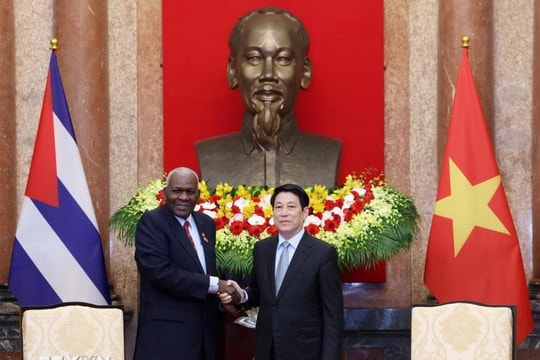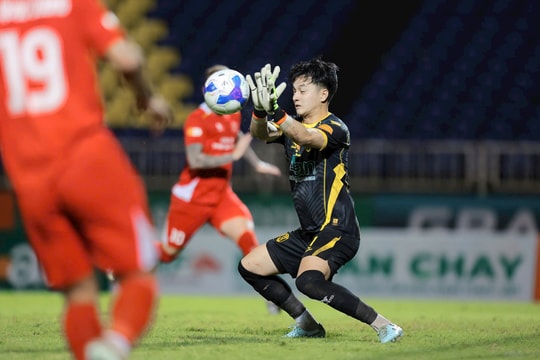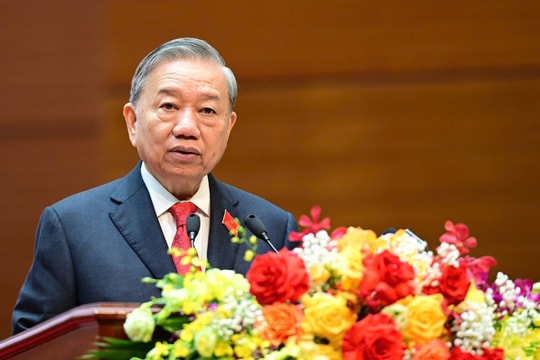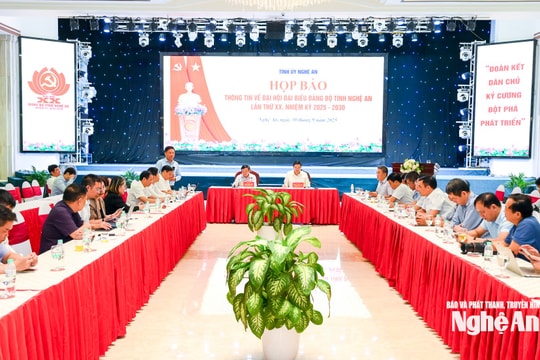New 'golden ring' preventing foreign cars from entering Vietnam?
The Vietnam Chamber of Commerce and Industry (VCCI) has just issued a document commenting on the draft circular regulating the inspection of technical safety and environmental protection quality of imported motor vehicles of the Ministry of Transport, in which it proposed to remove two documents on car import in the spirit of this new circular.
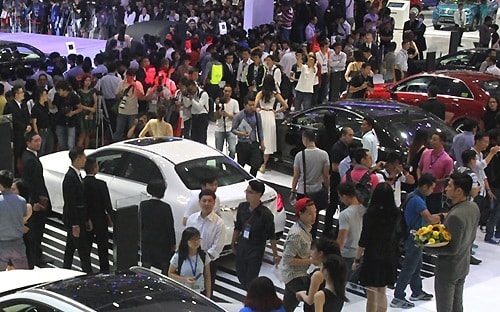 |
| VCCI believes that the new regulation in the draft of the Ministry of Transport will have the same impact as the regulation requiring a genuine authorization certificate from the manufacturer in Circular 20 of the Ministry of Industry and Trade, which has been recently reflected by public opinion. |
Towards genuine maintenance and warranty
This draft circular has attracted attention because it was issued in the context that Circular 20, which applies to imported cars with less than 10 seats, expired on July 1, 2016. It is causing controversy between one side wanting to extend it and the other side wanting to remove it.
Previously, in a document sent to the Prime Minister, the Ministry of Industry and Trade approved the abolition of Circular 20, but proposed that the Government assign the Ministry of Transport to preside over and coordinate with relevant ministries and branches to promptly issue domestic regulations with the same effect as Circular 20, applied at the registration stage and applied generally to all types of road vehicles, ensuring that vehicles are warranted, maintained or repaired in accordance with international practices and meet Vietnam's safety standards.
Thus, instead of using the manufacturer's authorization paper for management, the message of the Ministry of Industry and Trade is aimed at genuine maintenance and warranty. Thus, vehicle users in Vietnam must have the manufacturer's guarantee paper for maintenance and warranty.
“All types of vehicles, if not manufactured by the manufacturer, or not authorized by the manufacturer to be responsible for warranty and maintenance, are not allowed to be registered for circulation in Vietnam,” the Ministry of Industry and Trade proposed.
Therefore, the draft of the Ministry of Transport is noted for its provisions that extend the conditions of Circular 20. In particular, Article 5 of the draft stipulates that the inspection of technical safety and environmental protection quality of imported motor vehicles only allows enterprises to import vehicles directly from the manufacturer, eliminating enterprises that import vehicles through distributors.
Accordingly, import dossiers must include "the original quality certificate issued by the manufacturer for the actual imported motor vehicle or the factory quality inspection certificate".
VCCI believes that the manufacturer's quality certificate or factory quality inspection certificate is essentially a document issued by the manufacturer along with each specific vehicle to certify that the vehicle has been quality inspected by the manufacturer before leaving the factory and meets the quality standards committed by that factory.
“In cases where physical inspection is required in Vietnam, requiring additional original certificates and factory quality inspection certificates as in the draft is unnecessary, causing difficulties and complications in administrative procedures without ensuring vehicle quality according to Vietnamese law,” according to VCCI.
“Ignoring consumer rights”
VCCI also said that the quality inspection of imported vehicles in Vietnam is being conducted very strictly, including many inspection methods corresponding to each type of vehicle.
In addition, if a vehicle does not have a manufacturer's quality certificate or factory quality inspection certificate but still passes the strict inspection round of the Vietnamese registration agency, it means it still meets the quality, technical safety and environmental protection requirements according to Vietnamese law.
According to this agency, requiring additional documents causes difficulties, even to the point of being impossible, for businesses importing vehicles through distribution because vehicles imported through an intermediary distributor cannot have the original.
“With the above regulation, only enterprises that import cars directly from manufacturers are allowed and unintentionally eliminate enterprises that import cars through distributors. This regulation will have the same impact as the regulation requiring a genuine authorization from the manufacturer in Circular 20 of the Ministry of Industry and Trade, which has been recently reflected by public opinion,” VCCI stated its opinion.
This agency also said that instead of the manufacturer's authorization paper for each vehicle importing enterprise, this new paper will also be issued by the manufacturer for each vehicle, through which manufacturers can completely force Vietnamese enterprises and consumers to buy vehicles from the manufacturer instead of being able to buy through the distributor.
“This is an act of restricting parallel imports that is prohibited under Article 125.2.b of the Law on Intellectual Property,” according to VCCI.
VCCI also believes that setting regulations such as the manufacturer's authorization letter as in Circular 20 or the manufacturer's quality certificate or quality inspection certificate in the draft circular being drafted by the Ministry of Transport has given "too much commercial power" to foreign manufacturers, while ignoring the interests of Vietnamese consumers.
According to VnEconomy
| RELATED NEWS |
|---|


